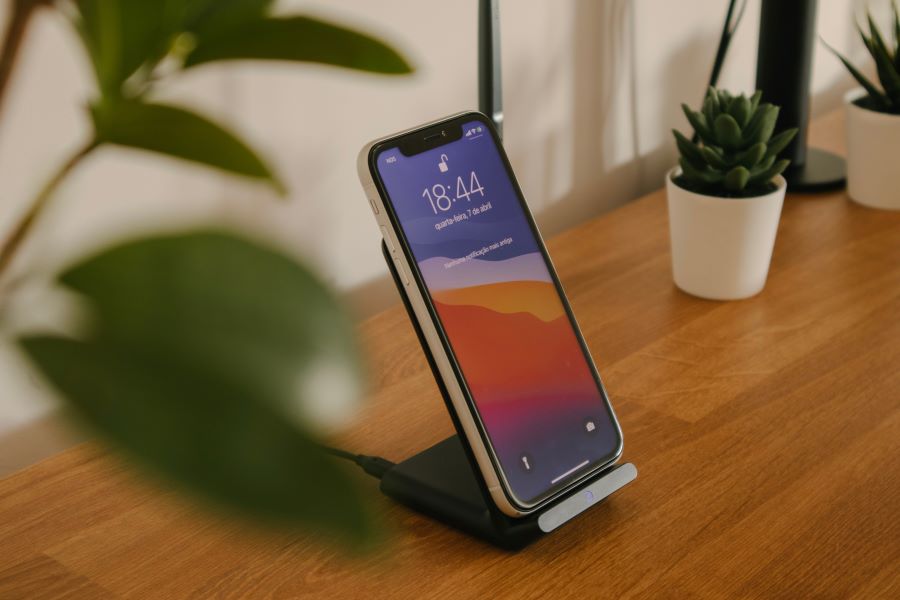As the world gets more and more digital, our smartphones hold more than just contacts and photos. They contain valuable information ranging from personal messages to critical business data. Losing such data can be more than just inconvenient; it can have serious repercussions. Protecting this data is paramount, which requires understanding and implementing strategies to prevent data loss.
Buy Airtel Postpaid with exciting benefits!
In this blog, we will help you look at some of the best strategies which can help you to prevent data loss.
Understanding Mobile Data Loss
Mobile data loss can occur due to various reasons, including physical damage to the phone, software malfunctions, malware attacks, accidental deletions, or systemic issues like phone lag. Addressing these issues proactively is the key to preventing data loss.
Steps to Prevent Mobile Data Loss
1. Regular Backups
Importance:
Backing up your data is the single most effective way to ensure you don’t lose important information. In case of device failure or loss, backups allow you to restore your data quickly.
How to Implement:
– Utilize cloud services like Google Drive, iCloud, or Dropbox for automatic backups of your photos, documents, and other important files.
– Schedule regular backups, either daily or weekly, depending on how frequently your data changes.
– Ensure apps are set to back up data. Many apps, especially note-taking and productivity apps, offer options to back up data directly.
Read more: How to reduce mobile data usage on Android and iOS?
2. Update Software Regularly
Importance:
Software updates often include critical patches for security vulnerabilities that could be exploited to cause data loss. Keeping your operating system and apps updated helps protect against malware and optimize phone performance.
How to Implement:
– Enable automatic updates in your device’s settings to ensure you’re always running the latest software version.
– Regularly check for updates for individual apps in the app store, as some may require manual updating.
3. Use Antivirus and Anti-malware Protection
Importance:
Smartphones are susceptible to viruses and malware, which can lead to data corruption and loss. Using reliable antivirus software can help detect and eliminate threats before they affect your data.
How to Implement:
– Install a trusted antivirus app and keep it updated.
– Regularly scan your device for threats and monitor the app’s notifications for any suspicious activity.
4. Manage App Permissions
Importance:
Apps with extensive permissions can access vast amounts of your data. Managing these permissions can help reduce the risk of data being mishandled or accidentally shared.
How to Implement:
– Review app permissions in your phone’s settings and disable any permissions that are not necessary for the app’s function.
– Be cautious when installing new apps and only download them from trusted sources like the Google Play Store or Apple App Store.
Read more: How to boost internet speed on your Android phone?
5. Avoid Public Wi-Fi for Sensitive Transactions
Importance:
Public Wi-Fi networks are not secure and can be a hotbed for data theft, including interception of data being transmitted from your device.
How to Implement:
– Avoid logging into banking apps or conducting any sensitive transactions over public Wi-Fi.
– Use a VPN (Virtual Private Network) when connecting to public Wi-Fi to encrypt your data and protect your privacy.
6. Encrypt Sensitive Data
Importance:
Encryption converts your data into a secure code to prevent unauthorized access, making it essential for protecting sensitive information.
How to Implement:
– Use built-in device encryption settings to protect your data. Most modern smartphones come with encryption features that can be enabled in the settings.
– For sensitive files, consider additional encryption tools or apps that offer file-specific encryption.
Additional Tips: Preventing Phone Lag to Enhance Performance
While the focus is on preventing data loss, addressing phone lag can also contribute to maintaining your phone’s health, which indirectly protects your data.
– Clear Cache Regularly: This can free up memory and stop lag in your phone, ensuring apps and software run smoothly.
– Close Unused Apps: Having many apps running in the background can slow down your device and cause it to lag, potentially leading to errors that might corrupt data.
– Optimize Storage: Regularly deleting unused files and apps can prevent your storage from becoming full, which can cause the phone to lag and reduce performance
Preventing mobile data loss is about taking proactive steps to safeguard your information against various threats and ensuring your device operates efficiently. By implementing regular backups, keeping your software up to date, using security measures, and managing your phone’s performance, you can significantly reduce the risk of data loss.
Choose Airtel postpaid today and get 5G network speeds, unlimited calling, multiple plans to choose from, data rollover and more. Get your new SIM card delivered to your home, with the Airtel Thanks bill payments app.


 Get App
Get App  Airtel Store
Airtel Store  Login
Login 


